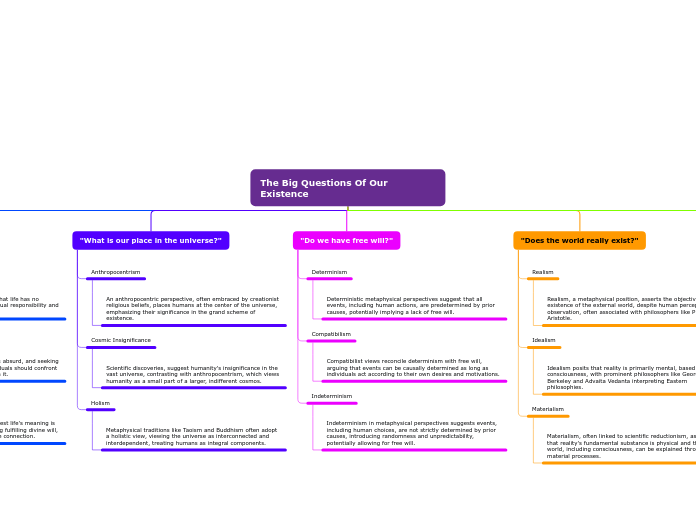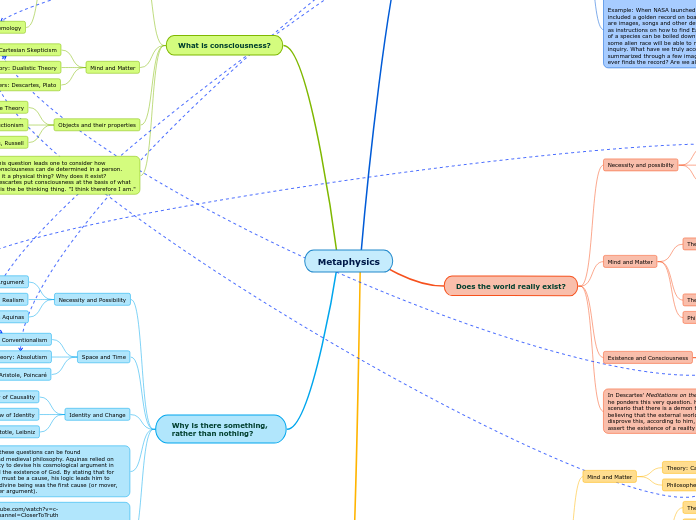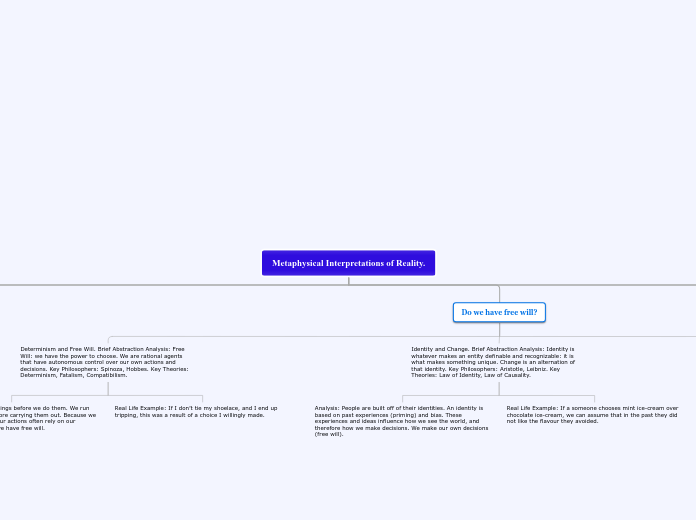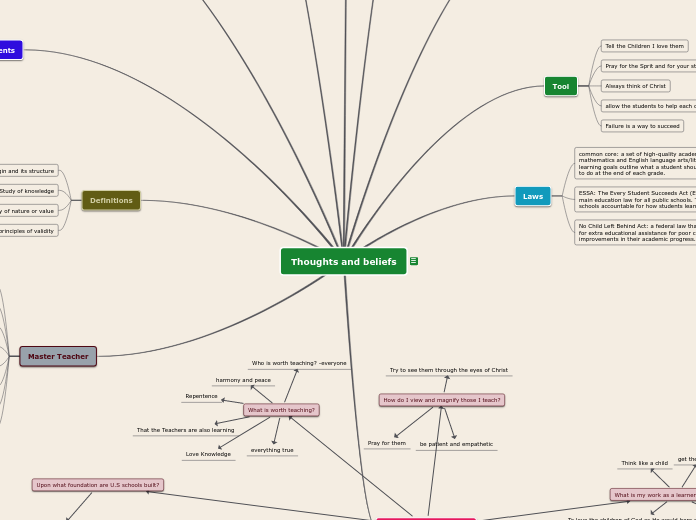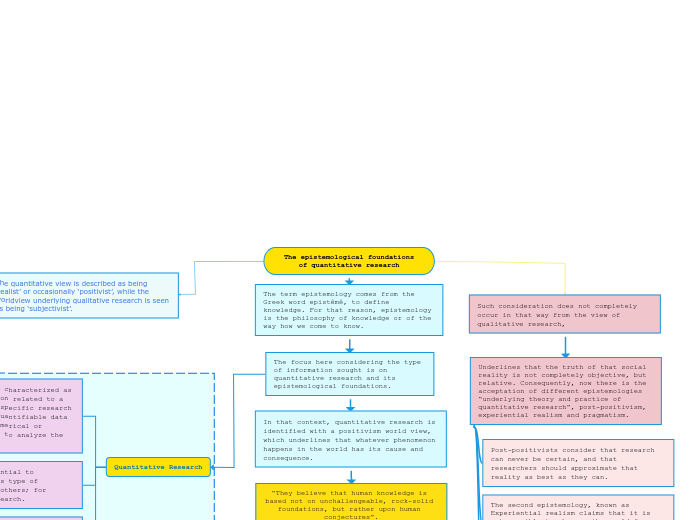realizată de Hazel Kalsi 1 an în urmă
124
The Big Questions Of Our Existence
Explorations into human existence often delve into the nature of free will, the existence of a deity, and the reality of the external world. Determinism posits that all events, including human actions, are predetermined, potentially negating free will.
